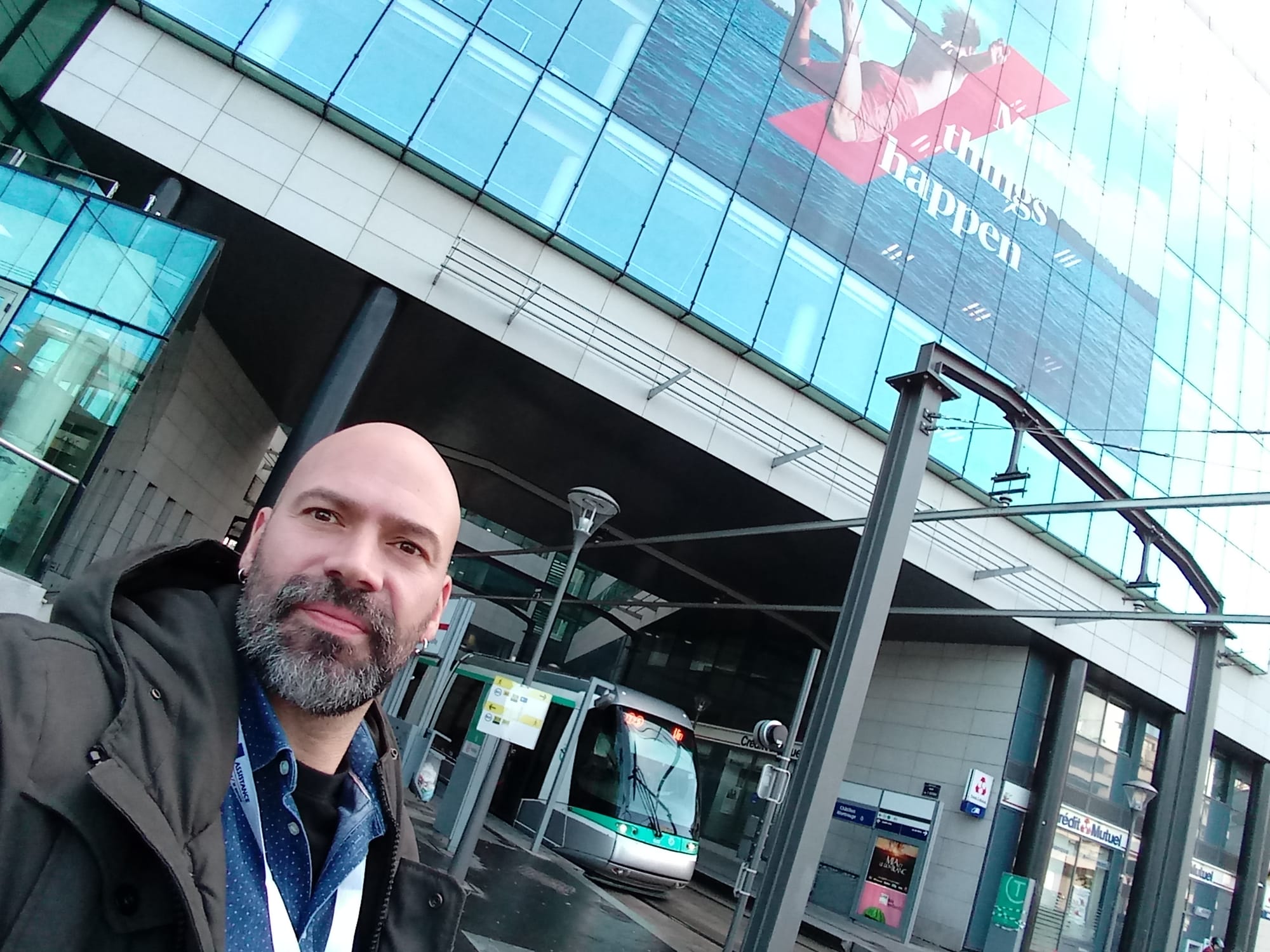Lessons from building a UX/UI Team in a Global Insurance Company
Great teams aren’t inherited—they’re built. Here’s what leading UX transformation in a global insurance company taught me about vision, talent, and change.

The power of building from the ground up
In 2018, when I first stepped into the role of leading the UX/UI function within the IT department of a major French multinational insurance company, I wasn’t inheriting a team—I was building one. For the next three years, my 'team' consisted initially of a business analyst recently reassigned to UX (with no prior experience) and a part-time designer just returning from maternity leave.
It was a humble beginning. But within that fragile foundation lay something powerful: the freedom to build, shape, and define what UX could truly mean within a legacy-driven, globally complex organization.
Lesson 1: Start with a vision—and people who can grow into it
The first step wasn’t tools or frameworks—it was vision. UX was new to many parts of the organization, and with limited headcount, I had to be strategic. I focused on creating a mindset before scaling a method.
One of my early hires was a UX researcher with a background in journalism. She didn’t come from a traditional design background, but she brought a natural instinct for inquiry, storytelling, and synthesis—skills that turned our research into a compelling narrative for change.
At the same time, the team I started with began to evolve. The business analyst transformed into a confident UX designer. The part-time designer returned and quickly became a cornerstone of our efforts. Watching their growth was one of the most rewarding aspects of the journey.
Lesson 2: Growth follows value
As we delivered, demand grew. What started as support for a single business unit expanded rapidly—five business units, seven countries, and a growing appetite for user-centric design.
Instead of scaling blindly, we scaled smartly. I brought in UX specialists, UI designers, and interaction experts with complementary strengths. Each addition sharpened our capabilities and deepened our impact. The results followed.
Lesson 3: Embrace global complexity
Before remote work became standard, we were already operating globally. We traveled—physically and virtually—to immerse ourselves in local markets: the UK, Spain, Portugal, Italy, Germany, Belgium, and France.
Each country had unique users, regulations, and business needs. We embedded ourselves through discovery sessions, design thinking workshops, and co-creation exercises. We didn’t just deliver products—we built empathy, trust, and local relevance.
Lesson 4: When the strategy shifts, so can you
No team is immune to change. As corporate strategy evolved, the company moved toward outsourcing UX capabilities. It marked the end of a chapter—but not the end of the story.
What could have felt like a loss became a launchpad. The lessons, relationships, and results we had built gave me clarity and confidence. I took everything I learned—the wins, the missteps, the transformations—and used it to shape the next stage of my career.
Today, I'm heading the UX/UI function at another global insurer, a Swiss one, building on those foundations with even greater impact:

Final thought: Growth lives in the challenges you accept
Every leadership journey begins in uncertainty. Mine started with two team members and a blank slate. But with the right vision, people, and commitment to value, we created something far greater than the sum of our roles.
If you're building a Digital Experience team—or stepping into your own leadership role—remember this:
Invest in people. Focus on outcomes. And let the impact you create do the talking.

Whether you're exploring similar challenges or simply share an interest in thoughtful product design, feel free to reach out or connect via LinkedIn.
